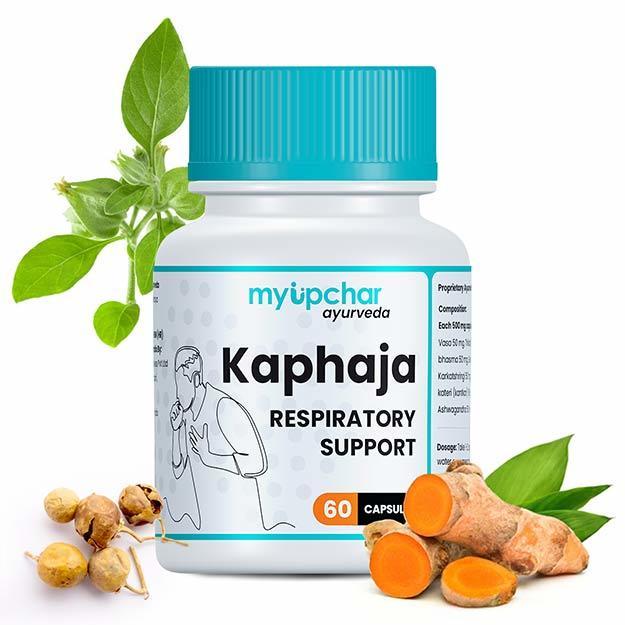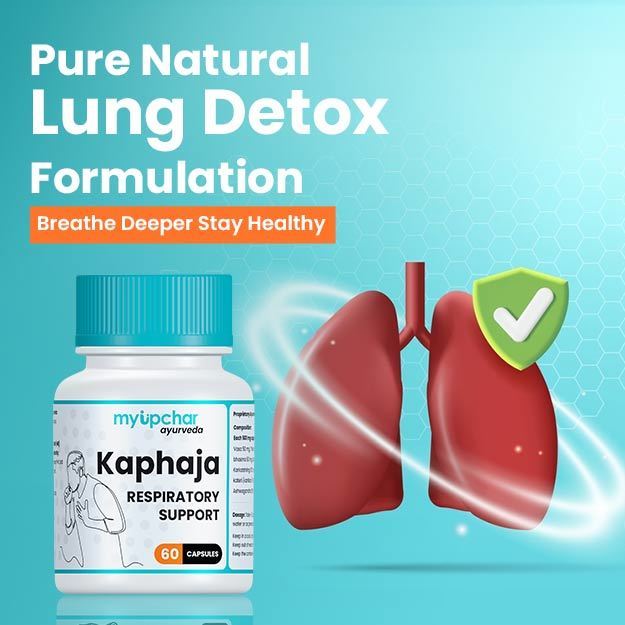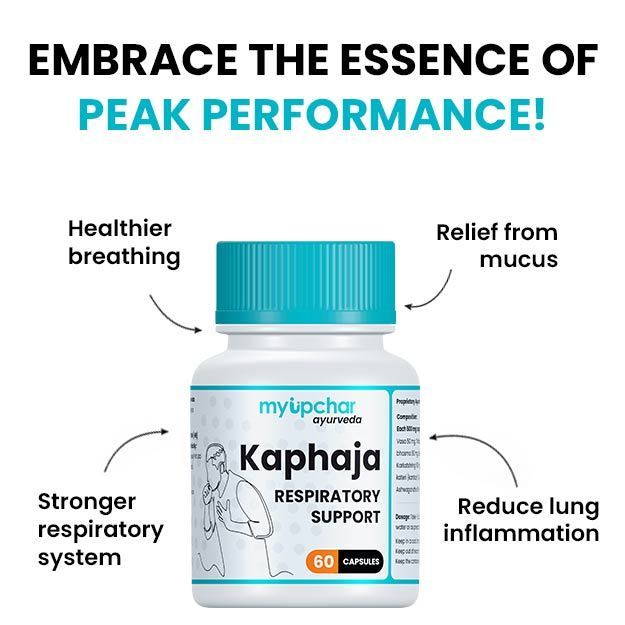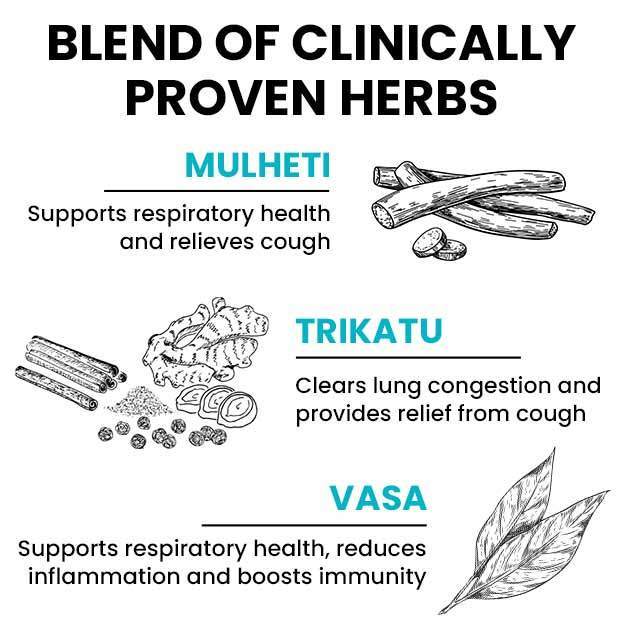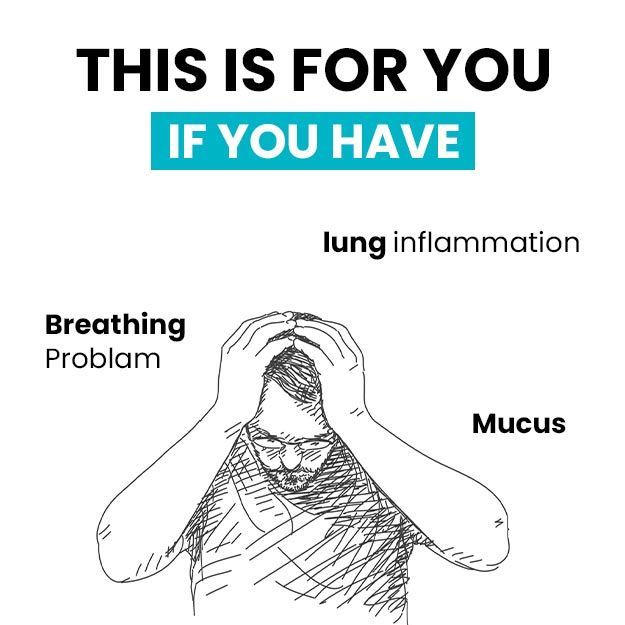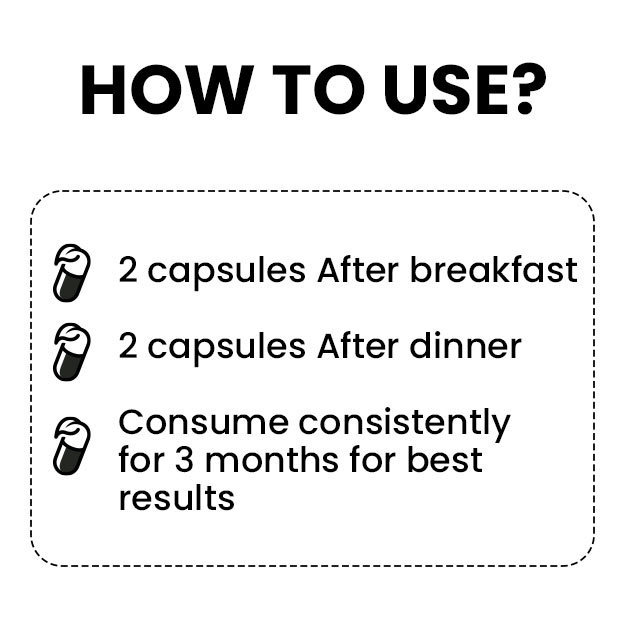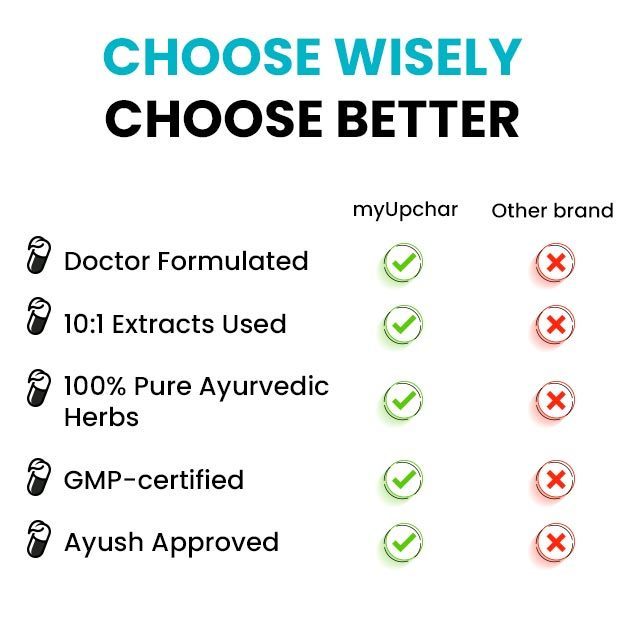Gingko biloba is a supplement extracted from the gingko tree, which is a member of the division Ginkgophyta and happens to be the only living species within. The gingko tree is considered to be a living fossil and is said to be a symbol of longevity, especially in the Japanese culture. This is enough to emphasise the significance of this tree and its many health benefits, which are majorly for your mental health.
Gingko is used as a supplement for the brain and is useful in the treatment of neurological and neurodegenerative disorders, due to its medicinal properties.
These benefits along with others will be deeply explored in this article in the light of scientific evidence. But, first, let’s learn more about this herb.
Some basic facts about gingko biloba
Gingko biloba is a herbal supplement extracted from the leaves of the tree, which are fan-shaped and lobed. Gingko is a large tree, which has strong roots and is resistant to environmental damage, which is what has helped this tree in a long survival. Some trees have been said to be over 1500 years old and the first tree has been reported in the year 1690. Here is what you’d like to know about the tree.
- Scientific name: Gingko biloba
- Family: Gingkoacea
- Common name: Maidenhair tree
- Native region and geographical distribution: The tree is native to China and has been grown since ancient times. Currently, it is grown in different regions of China and Korea. A very few tree species are present in India, in the area of West Bengal. but, it is widely available as a supplement.
- Parts used: Leaves.





